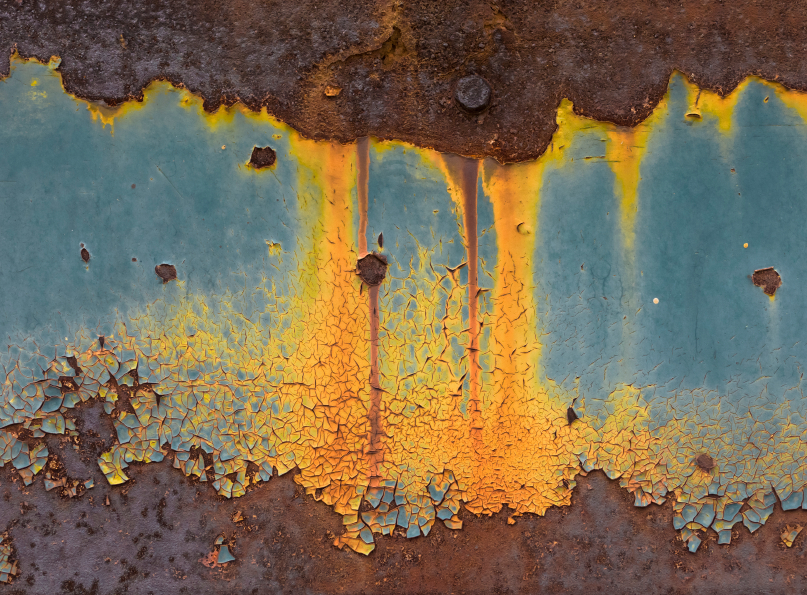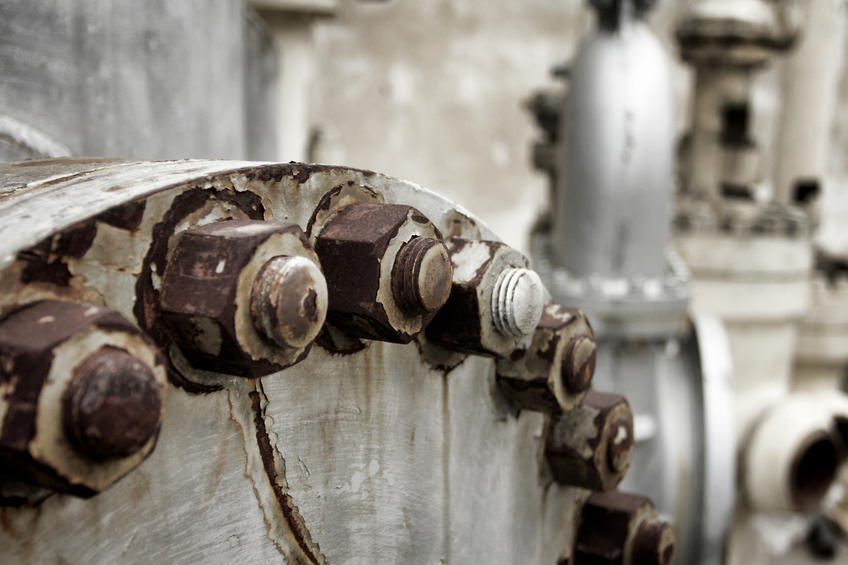Drains are like the hidden veins of your body, quietly carrying away waste to keep your plumbing working efficiently. Though many drain pipes are now made of plastic, older properties are often reliant on metal drainpipes and because they’re out of sight, they’re also often out of mind until there’s a corrosion problem and they start to leak. Here’s a handy guide to preventing drain corrosion to keep your plumbing working trouble free.
What is Corrosion?

Check Your Drains
Do you have rust around the plughole in your sink or bath? This is a sure sign of corrosion further down and you’ll need to take action – fast. This type of corrosion occurs when iron in the water supply is exposed to humidity and it can clog your drains quickly. A water filter is a good long term solution, but in the short term, you’ll need to unclog your drains with a chemical or natural drain cleaner.
Prevention is Better Than Cure

If you’re experiencing the misery of blocked drains, contact us on 0115 8226086 for help and Inspect-A-Drain Limited can arrange an inspection.

